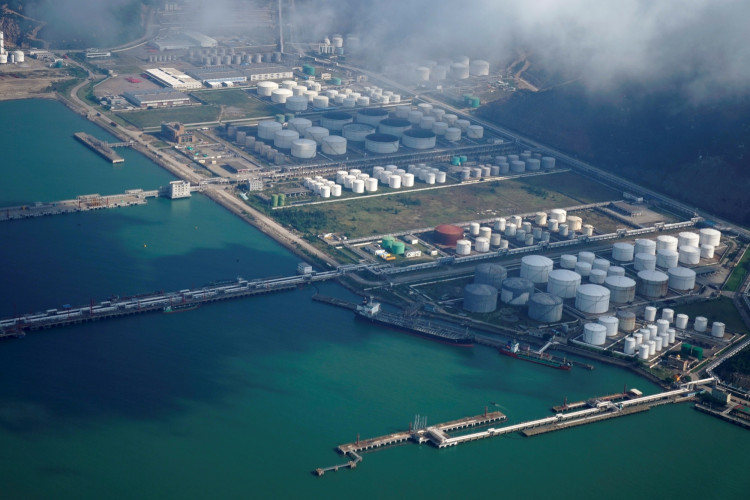The recent global oil price crash has forced Chinese oil and gas firm MIE Holdings to default on bonds worth more than $248 million. The company, which is controlled by business tycoon Zhang Ruilin, announced last week that it is no longer been able to make interest payments on its bond, resulting in the default.
According to its statement to the Hong Kong Stock Exchange, the company had failed to make an interest payment of $17 million, which was due on April 12. MIE was granted a 30-day grace period, which expired on May 11. Unfortunately, even with the grace period, the company was still not able to pay up, which forced the bond to default.
The nonpayment of the bond had cascaded into other cross-defaults and financial contracts made by the company, which is estimated to be worth more than $287.3 million. In its filing, Zhang stated that the company simply did not have ample liquidity to cover its payments. He attributed its incapacity to the recent collapse of global oil price, which was triggered by the oil price war between Russia and Saudi Arabia and exacerbated by the slump in demand due to the coronavirus pandemic.
Global oil prices slumped to record lows during the first quarter, with prices still trending downward coming into the second quarter. Daqing crude prices fell from a high of $69.06 per barrel in January to about $12.33 per barrel in April. Zhang stated that the recent plunge in oil prices has resulted in massive liquidity pressure and a significant decline in the company's revenues over the past months.
Apart from oil and gas companies, thousands of investors across China that had invested in oil-based equities and contracts lost millions of dollars in the recent collapse. According to the Bank of China, investors who placed bets on its Crude Oil Treasure wealth management product cumulatively lost more than $981 million during the crash.
While there have been some signs of recovery in recent weeks, oil prices are forecasted to still remain low. Economists at Capital Economics noted that demand still remains extremely low and a rebound may not happen soon. The firm expects that more corporate bonds could default as a result and without the ability to borrow, some oil firms could go bankrupt.
There are legitimate concerns over the continued excess supply of oil in global markets, which have pushed down prices amid the lowered demand due to the coronavirus pandemic. Current oil prices are still more than 50 percent below pre-pandemic levels, and it may be a while until the situation normalizes.






